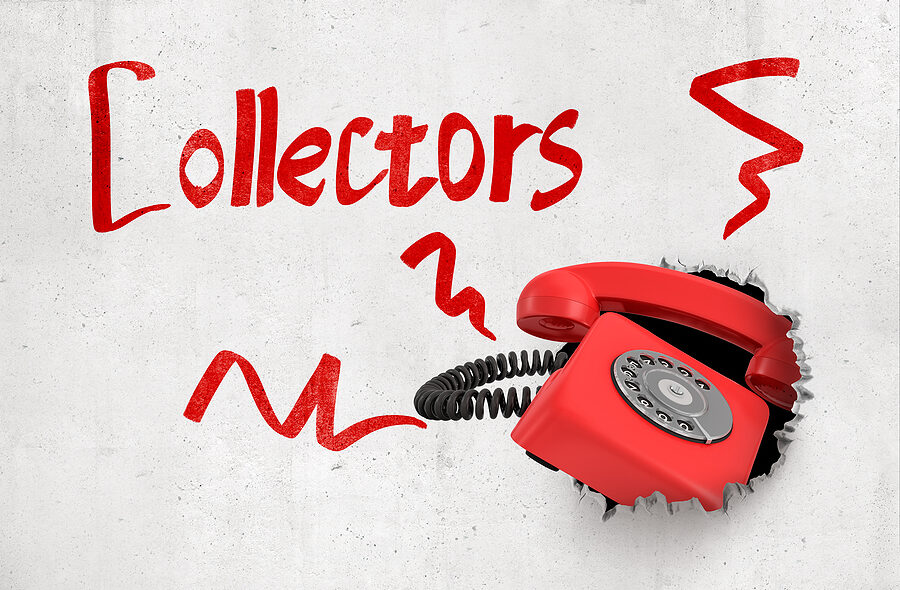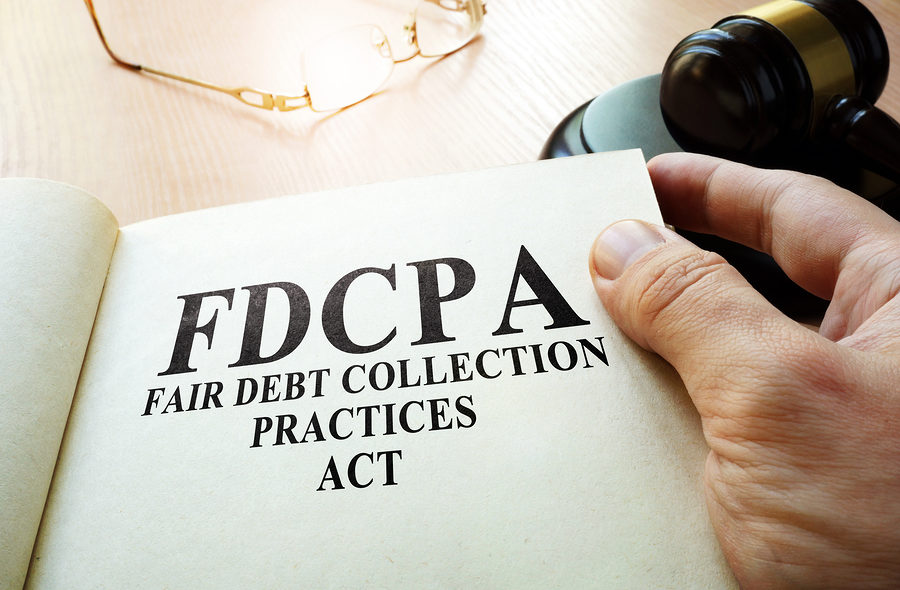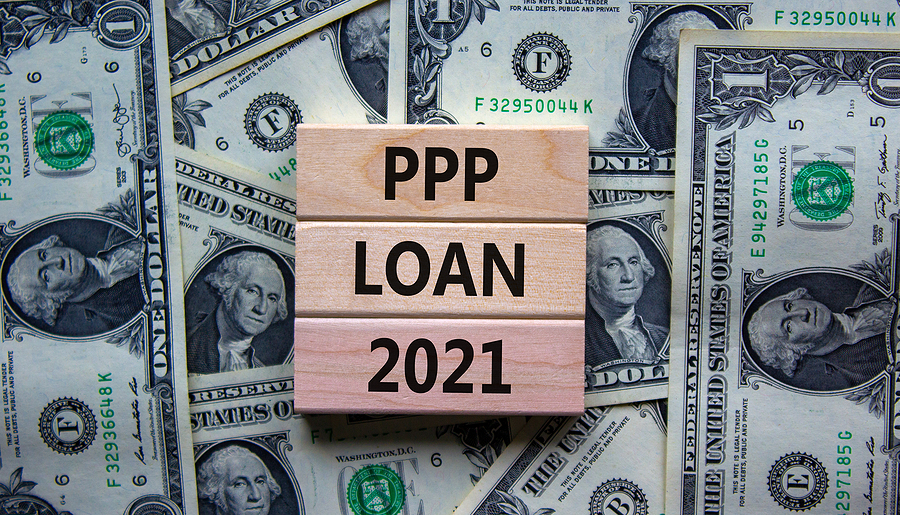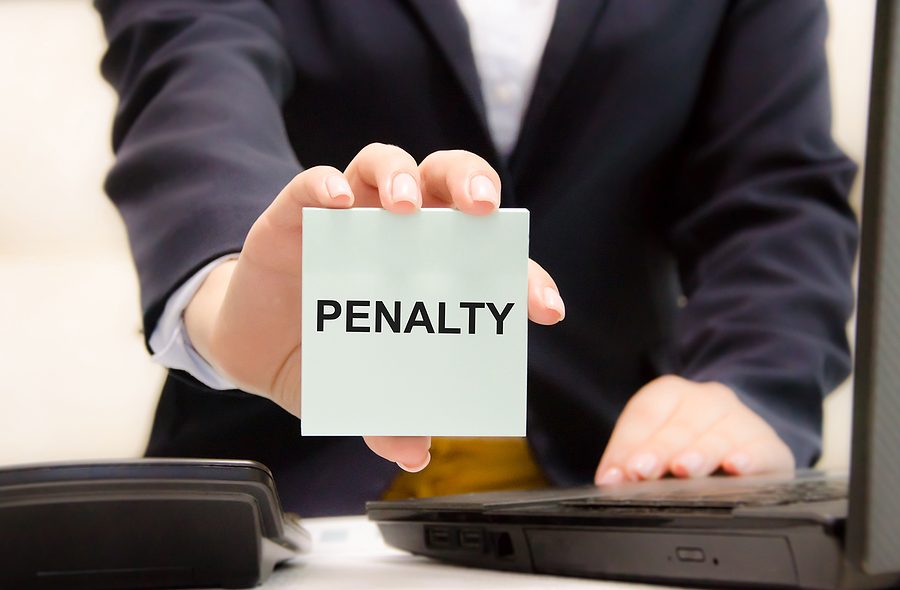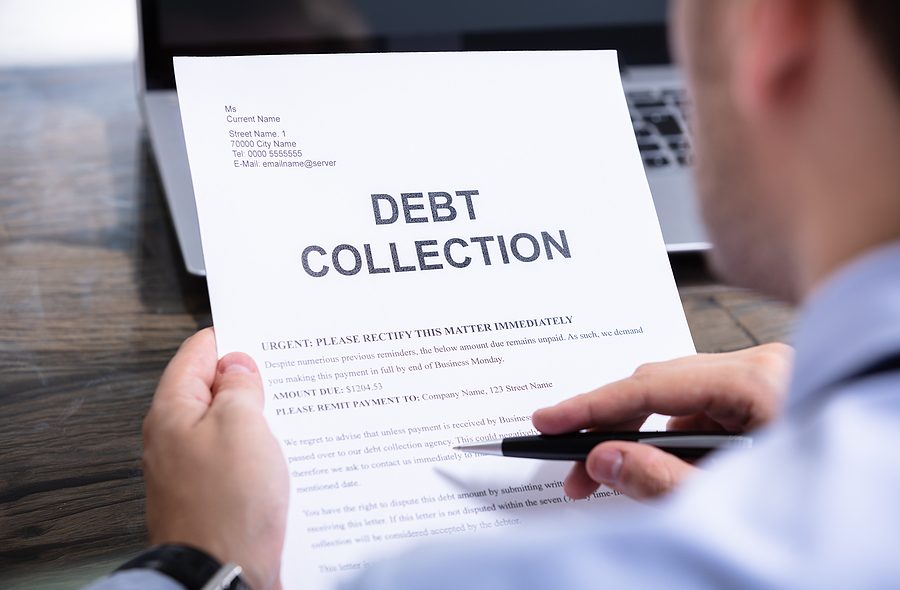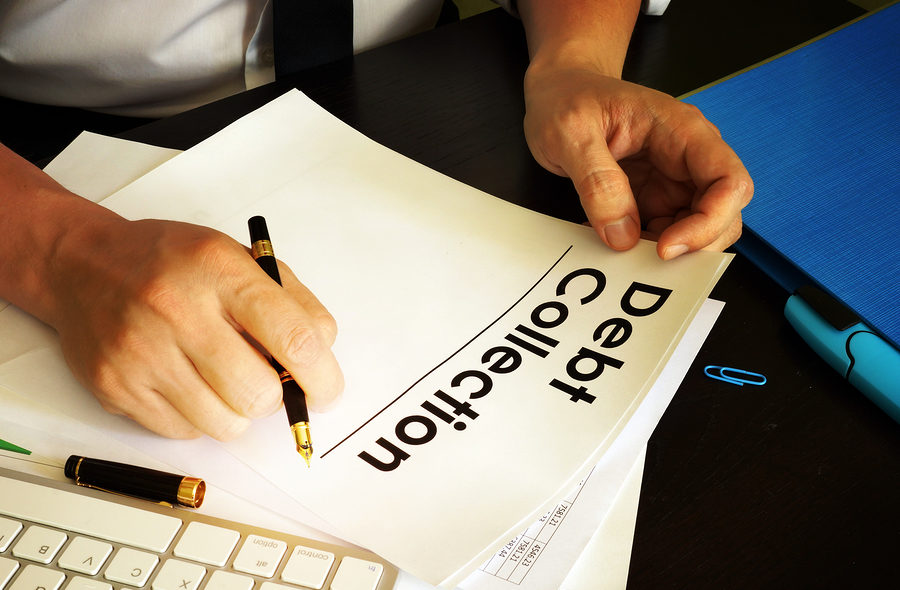Debt collectors can be relentless when trying to reach consumers. The law precludes debt collectors from calling during certain times of the day, but what about on holidays?
Tag: debt collection
How Federal Laws Protect You When Dealing with Debt Collectors
Dealing with debt collectors can be stressful. Their job is to get the consumer to pay on a debt at any means necessary, which can often mean through coercion, harassment, and fear. Many debt collectors have been known to use aggressive or illegal tactics to collect on a debt, leaving many consumers to feel like they have no choice but to make payment to get them to go away. However, federal law offers certain protections when it comes to debt collectors. It is important that consumers understand what these protections are so that they are aware of what rights they do have when dealing with debt collectors.
According to the Consumer Financial Protection Bureau (CFPB), nearly one in every four people have a debt in collections. Illegal debt collection practice is a common complaint made to the CFPB.
Predatory Debt Collectors Barred from PPP Loans Under New Bill
New legislation introduced this week will effectively bar all predatory debt collectors from receiving money from funds received under the federal government’s Paycheck Protection Program (PPP).
The measure has been introduced by Representatives Suzanne Bonamici (D-Ore.) and Marie Newman (D-Ill.). In announcing the proposed legislation, the lawmakers pointed to an analysis conducted by the Washington Post in January 2021. The Post reported several incidents where debt collection companies had harassed consumers for payment on debts after they had received their own financial assistance from federal PPP loans. It was their hope that this legislation will curb these practices and will effectively block predatory debt collection firms from receiving PPP money themselves.
Debt Collection Lawsuits Pause While One Debt Collector Continues to Pursue Collections
At the start of the COVID-19 pandemic, most debt collectors hit the pause button on collection lawsuits due to widespread national lockdowns. However, one of the largest debt collectors, Sherman Financial Group, continued to pursue its collection efforts.
According to a study conducted by the Wall Street Journal, Sherman Financial Group had the largest increase of any debt collection firm between March 15, 2020 and December 31, 2020. The study analyzed filings from five state-court districts from the start of the pandemic to the end of 2020. The number of filings went up by 52 percent from the previous year. In comparison, debt collection filings went down by 24 percent with respect to the industry overall.
Understanding the Fair Debt Collection Practices Act (FDCPA)
Facing debt collection is stressful and there are laws in place to protect consumers. Debt collectors can be persistent, even to the point of becoming harassing and threatening at times. However, it is vital that consumers facing collections actions realize that they do, in fact, have rights, and these rights fall largely under the Fair Debt Collection Practices Act (FDCPA).
The FDCPA was signed into law in 1978. The law designates what type of behavior is acceptable by debt collectors and what type is considered abusive and unethical. The law was created to curb tactics that had largely gotten out of control by companies engaging in debt collection.
Can a Debt Collector Try To Collect on Debts Discharged in Bankruptcy?
A bankruptcy discharge gives a person a fresh financial start, freeing him or her from the stress of collection calls and aggressive debt collection practices. However, the fact that a debt has been discharged successfully in a bankruptcy case does not necessarily mean debt collectors will still not try and attempt to pursue collection of the debt. What happens in these situations?
Under the U.S. Bankruptcy Code, a discharge is a permanent court order that prohibits creditors from pursuing any type of collection on discharged debts. These prohibited actions include filing legal cases to collect on the debt, as well as communications with the consumer via personal contacts, letters, and phone calls. Essentially, the discharge in a Chapter 7 or Chapter 13 bankruptcy case relieves the filer from any personal responsibility to pay off the debt.
Not all consumer debts are dischargeable in a bankruptcy case. Certain debts are prohibited as a matter of public policy from being discharged, including government-backed student loans, child support, alimony, tax debt, and any debts incurred because of improper or illegal behavior. Creditors for these debts can continue collecting on them even after the bankruptcy case is finalized.
Venmo’s Debt Collection Practices Under Investigation by the CFPB
Popular digital money-transfer service, Venmo, is finding itself at the center of a Consumer Financial Protection Bureau (CFPB) investigation. The company that is owned and operated by PayPal Holdings, Inc. received a “Civil Investigative Demand” from CFPB with respect to Venmo’s debt collection processes and unauthorized fund transfers.
Venmo has been the subject of a series of investigative articles by The Wall Street Journal in both 2019 and 2020 with respect to their aggressive debt-collection tactics. It reported that Venmo made threats to users who overdraw their accounts. These threats were also made to users who were the victims of scams. Even during the difficult financial times brought on by the COVID-19 pandemic, the company has reportedly continued its aggressive collection practices.
Debt Collectors Will Soon Be Reaching Consumers via Text and Social Media
Debt collectors will soon have another way to reach consumers. The Consumer Financial Protection Bureau (CFPB) released a ruling outlining how collectors will soon be able to reach consumers via text messaging and social media. The federal government has cleared the way for collection agencies to send unlimited texts, emails and even instant messages on social media platforms.
Debt collectors will be required to include instructions on how to opt out of these messages within the text of the communication. The CFPB will also limit collectors to calling consumers to seven calls per week per debt.
Debt Does Expire- Here’s Why You Shouldn’t Wait for the Clock to Run Out
At some point, consumer debt is so old that it is no longer legally collectible. At this point, the debt is said to be past the statute of limitations, meaning no creditor or debt collector can take the consumer to court to collect on the debt. However, even though creditors cannot collect on debt past a certain time period, it does not mean this is the best strategy for consumers to seek in cancellation of this debt.
Every state has a set of laws that govern how long a party has to pursue a legal cause of action. After the timeline has passed, the individual can no longer file a lawsuit. For debt collection, the statute of limitation hinges on the type of debt. In Florida, the statute of limitations for debts involving written contracts, such as personal loans, is five years. The statute of limitations is four years for debts that stem from oral contracts or revolving accounts, the most common of these being credit card debt. After that point, the creditor is not able to legally collect on the debt.
State and Federal Agencies Teaming Up to Combat Illegal Debt Collection
Debt collection is a profitable business in the U.S., but not all debt collectors follow legitimate, legal collection practices. According to officials from the Federal Trade Commission (FTC), most consumer complaints made annually involve illegal debt collection practices, which is why they have made recent efforts to crack down on these types of tactics.
In response, the FTC has launched a multi-agency campaign called “Operation Corrupt Collector.” This crackdown campaign focuses on educating consumers on how to identify illegal debt-collection practices, as well as enforcement against debt collectors who are found to be breaking the law.

